Eight years after the start of illegal mass migration, the European Union is still busy forcing Hungary to implement the EU's flawed decisions on tackling migration. In the meantime, however, it has become clear that the measures taken by the Hungarian government have resulted in a border surveillance system that works effectively in the southern part of Hungary, as well as protects the Schengen area.
We've been flooded
Perhaps 2015 will be forever remembered in Europe for the massive wave of illegal migration that hit Europe overnight. At the time, there was an ideology as to why it was necessary, why it was good that masses of people with unknown identities arrived illegally, with criminal networks of people smugglers bringing them to Europe for money. "The basis of the ideology was the so-called Soros scheme, the essence of which was that at least one million illegal immigrants should be admitted and integrated into society as soon as possible each year. All this was aimed at weakening nation states and ultimately creating a United States of Europe," Gyorgy Bakondi, the Hungarian prime minister's chief advisor on internal security, told Magyar Nemzet.
The chief advisor also highlighted that
since 2015, the flow of illegal migration into Europe has clearly shifted to the Balkan route, including the Serbia-Hungary border. In the past year, 330 thousand irregular entries were registered in Europe, of which 270,000 illegal border crossings were attempted on Hungary's border with Serbia.
It is worth recalling that in 2015, hundreds of thousands of illegal migrants made a sudden and unexpected invasion into Hungary. At the beginning of the summer, their numbers soared. While 2,578 migrants were arrested in May 2015, the figure jumped to 30,494 in September, according to criminologist Andras Laszlo Szabo, noting that this was a twelve-fold increase, or 1183 per cent. Within a short period of time, the southern border and the Hungarian state came under enormous pressure. Migrants became increasingly violent, culminating in the riots at the border crossing point at Roszke.
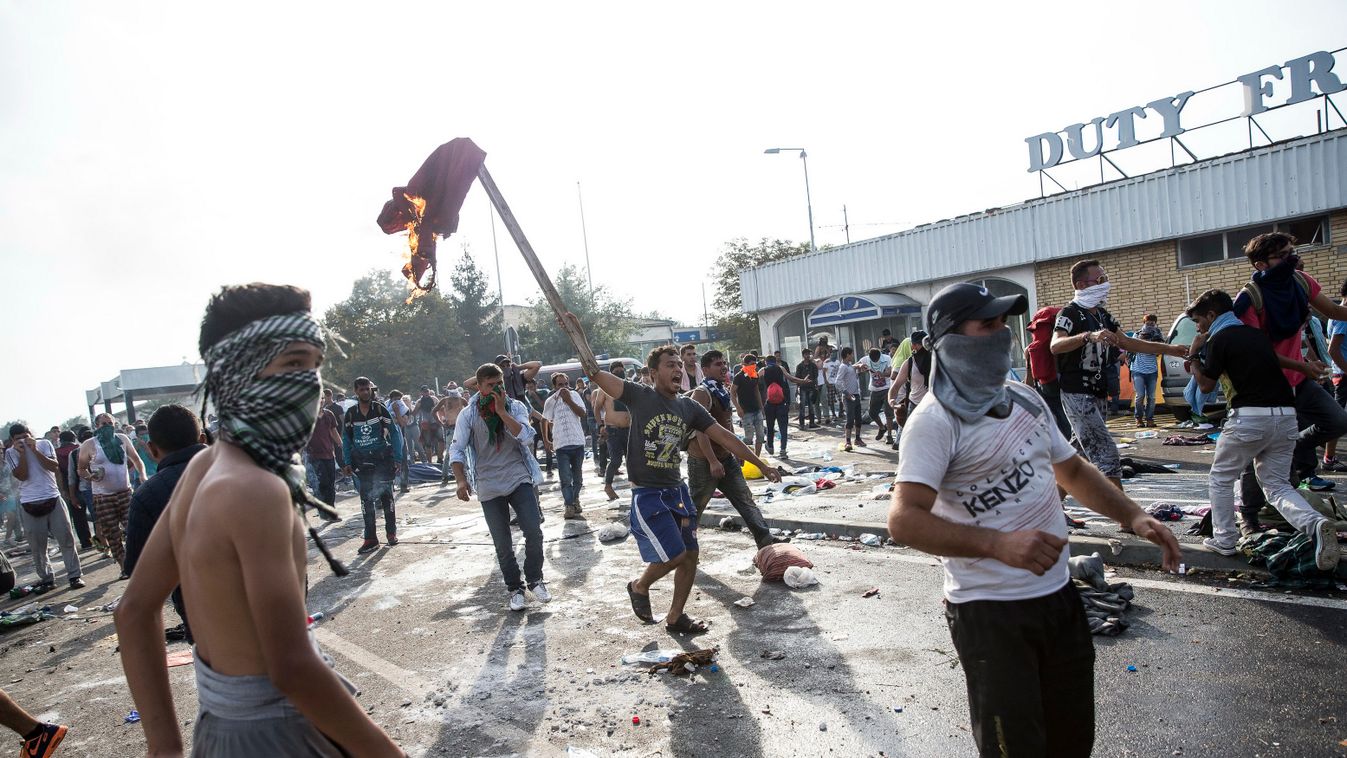

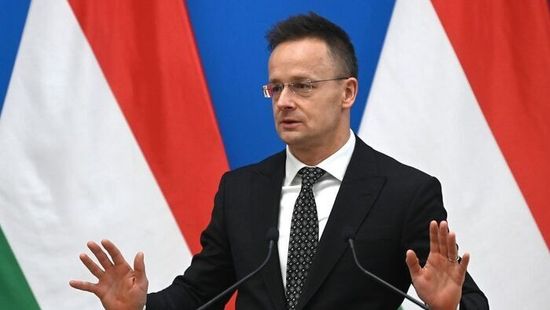



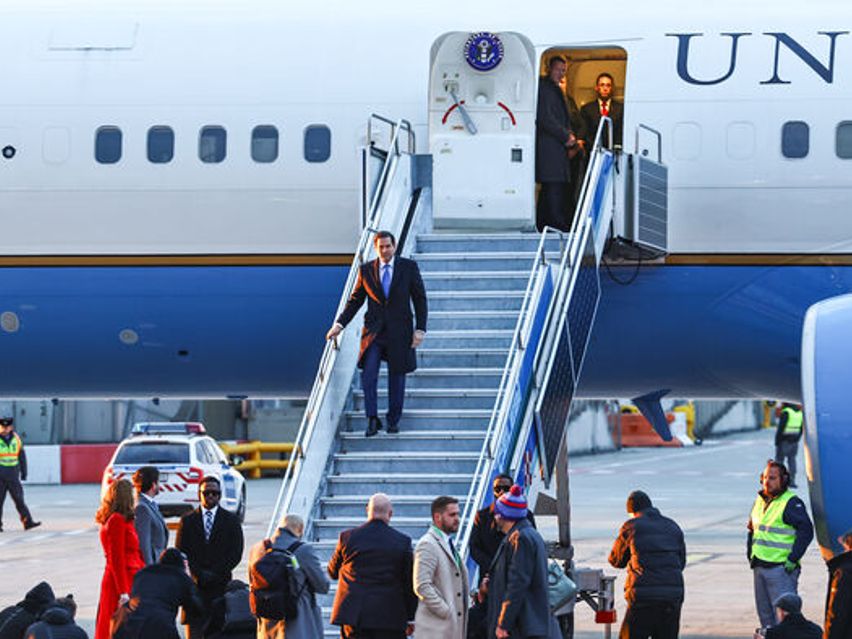


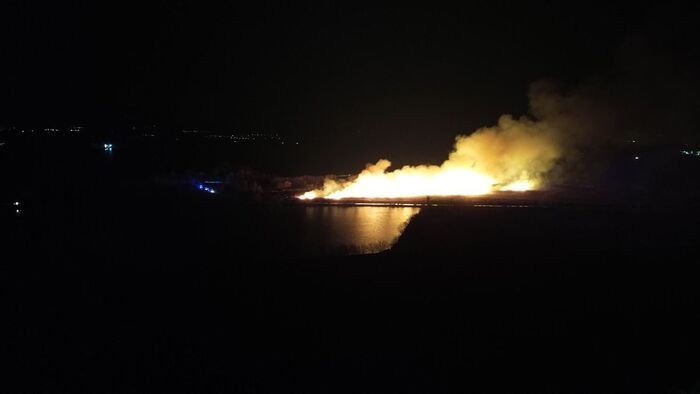


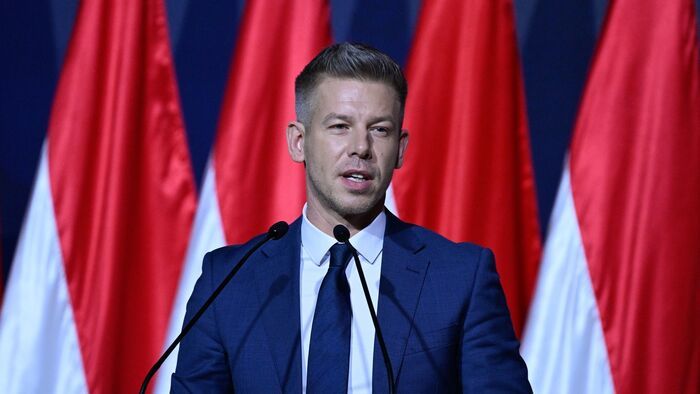

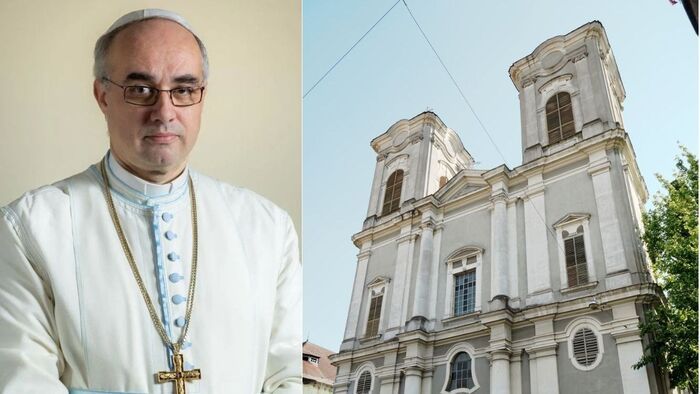
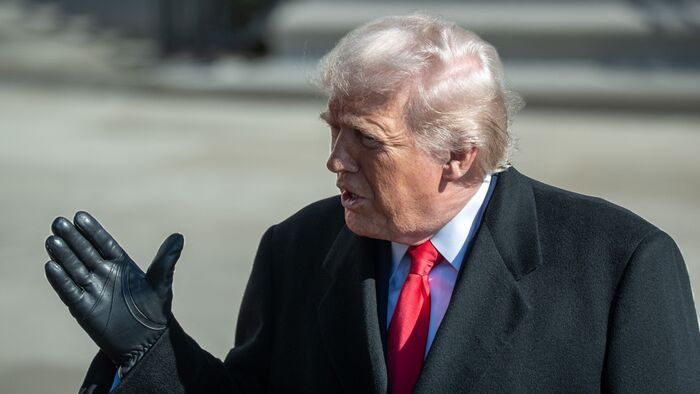




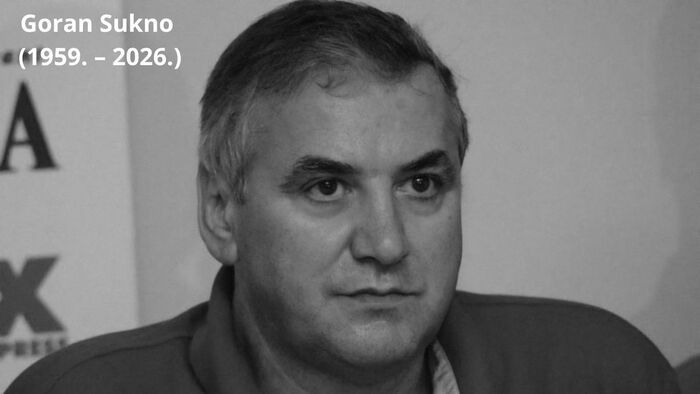


Szóljon hozzá!
Jelenleg csak a hozzászólások egy kis részét látja. Hozzászóláshoz és a további kommentek megtekintéséhez lépjen be, vagy regisztráljon!